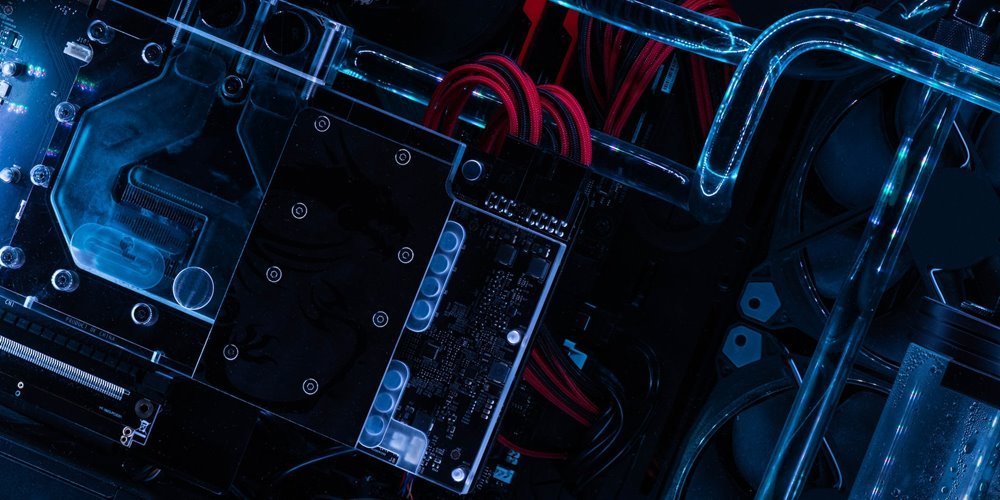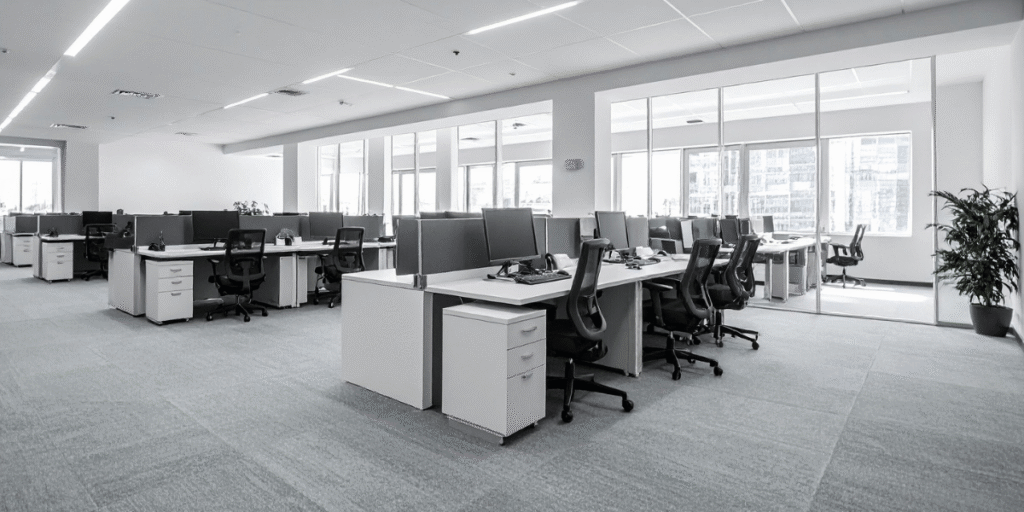Tech’s Impact on SF’s Commercial Real Estate: What’s Next?

From artificial intelligence analytics to virtual reality tours, technology has changed how commercial real estate is bought, sold, and managed.
As the industry continues to accelerate into the future with tech-focused advancements at an unprecedented rate, it’s important to consider what lies ahead.
In this blog, we’ll explore how cutting edge technological developments could shape San Francisco’s commercial real estate market in the years ahead – from data analysis and decision making tools for property owners and directors, to groundbreaking new building materials for scientists and CEOs looking for sustainable solutions.
The future of commercial real estate may be hard to predict but one thing is certain – tech will remain at its core driving both innovation and progress.
The Growing Influence of Technology on San Francisco’s Real Estate Market
San Francisco is a city whose real estate market has been reshaped by technology. After the tech boom of the mid-1990s, San Francisco’s real estate prices began to rise dramatically as tech companies pushed for larger office space. As a result of this increase in investment from tech companies and individuals, San Francisco has become one of the most expensive real estate markets in the world.
Technology has not only changed San Francisco’s real estate market, but its overall atmosphere as well. With an ever increasing concentration of tech professionals and affluence, neighbourhoods have been revitalized, amenities have improved, and major innovations have taken shape across various industries – further cementing the city’s reputation as a hub for inventive progress.
Benefits and Challenges of Adopting Tech Solutions
In commercial real estate, particularly in the San Francisco market, technology has become an ever more essential asset to businesses looking to stay competitive. With tech solutions that provide a way to simplify traditionally complex and labor-intensive processes, businesses can reap a variety of benefits.
Such tech solutions make it easier for property managers and executives to:
- track their properties’ performance,
- engage with customers quickly and effectively,
- plan their investments accurately, and much more.
These advantages aside, the use of technology has posed certain risks and challenges which companies must be mindful of.
The potential for misuse or data leakage means that it is important for firms to adopt technology mindfully, both in terms of regulations as well as practical considerations such as budgeting strategies. Help from industry experts can help companies navigate these complexities and ensure a successful adoption of technology in the real estate sector.

The Impact of Virtual Reality, AI and Big Data on SF’s CRE Landscape
Over the last few years, more and more businesses have been turning to these tools to maximize their returns on investment. Data analytics firms are being called upon to help property owners and developers maximize occupancy, while AI-driven solutions have been deployed for process automation and improving 100% tenant experience.
Virtual reality technology has revolutionized how potential tenants explore a property before making their decision – transforming the traditional tour into an immersive digital experience. In summary, new technologies are now playing a central role in defining the future of San Francisco’s commercial real estate landscape.
Smart Building Automation Enhances Efficiency and Comfort
With the emerging need to increase efficiency and attend to rising energy costs in commercial real estate spaces, smart building automation is becoming an increasingly vital strategy. This advanced automation system helps ensure that all processes in a building are optimized for optimal comfort and energy savings, while also providing quick response times and accurate remote control capabilities.
Smart building automation can detect when movement is present in a given area and adjust temperatures accordingly, helping reduce energy consumption. The technology also enables easy integration with external services such as security systems that react according to user preferences for increased safety. With all these benefits, it’s no wonder that owners of commercial real estate are turning towards smart building automation for their spaces.
Predictions for Future Tech Trends in SF’s CRE Industry
As the relationship between technology and construction grows, it’s important to not only look at how digital twins are transforming projects across San Francisco but analyze the positives and negatives. Digital twins allow engineers to simulate how a project will pan out in order to optimize structure, material usage, and cost.
By being able to work on designs virtually, they can save time and resources while simultaneously streamlining operations. However, with the rise of digital twins come important considerations such as data privacy, cybersecurity investments, cost efficiency, user acceptance of digital design features, and evaluation of a digital twin’s accuracy. It is clear that this new technology has potential to positively impact fabrication processes but only if implemented properly.
As we push into a more sustainable future, tech may prove invaluable in helping us achieve these goals. With new building materials being explored alongside data-driven decision making processes, every day brings us closer to a future filled with promise and possibility. So if you want to stay ahead of the curve when it comes to technology trends impacting commercial real estate – then reach out today!
We stand ready to help you succeed wherever your CRE adventure leads you.




